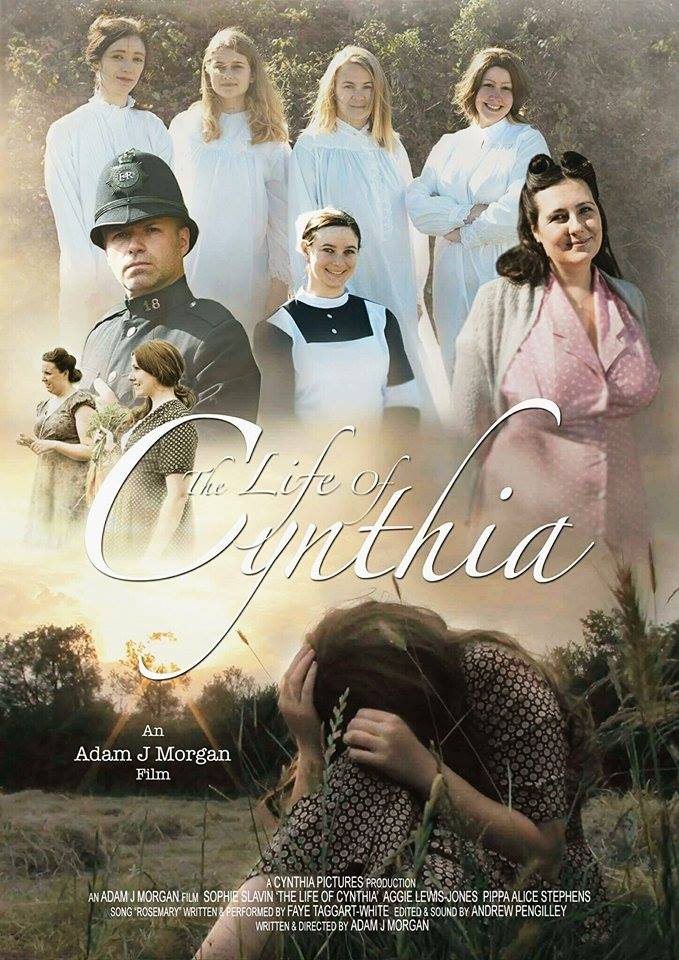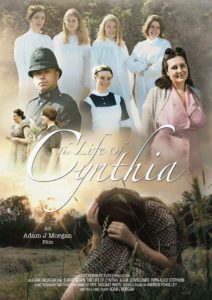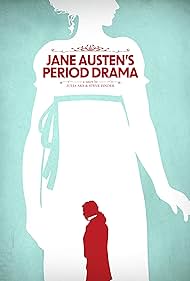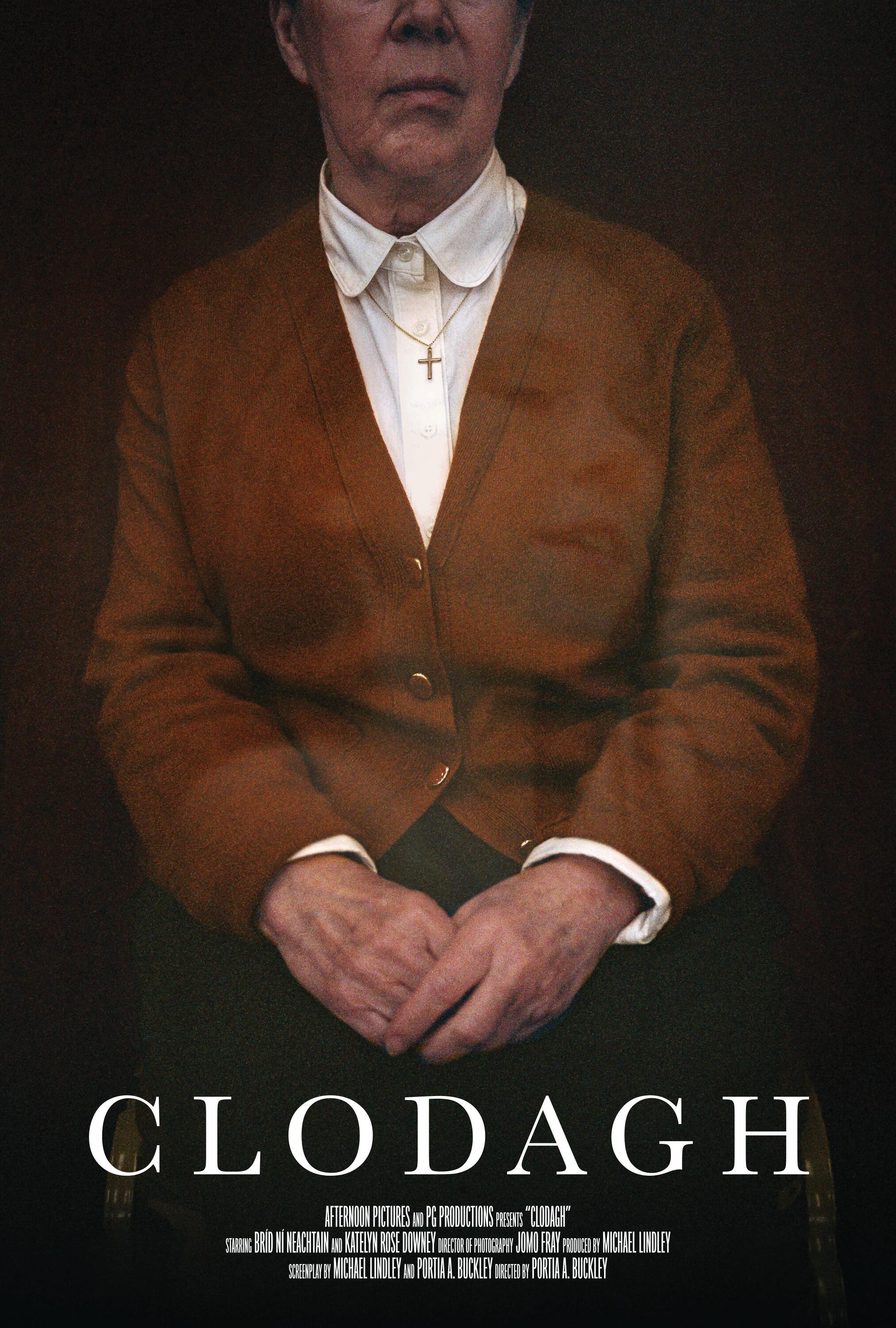
Short Film Review “The Life of Cynthia”
WATCH THE FILM HERE
First, the Recap:
Understanding. Awareness. Insight. When we face a state of affairs of which we know much about, it is factors such as those that assist us in determining how we handle the circumstances, correct the issues, or help the needs in the most efficient and beneficial ways possible. But what happens when those facets of our realizations about something, or someone, don’t exist? How then can we have precise intuition to proceed? In finding an old picture from days past, an elder Jenny (Aggie Lewis-Jones) fades to recollections about a dear childhood friend, Cynthia Rosemary Dash (Sophie Slavin), and the heartbreaking struggle she endured during a time when comprehension of mental states was non-existent, and therefore not treated correctly—or even discussed.
It is 1941 Chipping Sodbury, England, where a young Jenny (Helen Davey) and Cynthia’s carefree world unfolds in front of them, even despite the potent and frightening reminders of war rearing its ugly head. However, what remains not so evident is the internal conflict raging within Cynthia’s mind, whispering voices driving her into a state of increasing isolation from friends and family. Unsure about what to diagnose it as, plus simply looked upon by others with a curious, mocking disdain, Cynthia’s condition worsens until it is finally determined that time in a mental institution would be the answer. As a doting and compassionate nurse, Jean Wood (Pippa Alice Stephens), watches on, Cynthia’s consistently deteriorating behavior then leads to a final battle whose outcome is inevitable.
Next, my Mind:
The second short film from Bristol, U.K.-based writer/director Adam J. Morgan carries with it the same level of personal connection as did his other project, “Martha”, in that the narrative is literally pulled from his own family’s lineal heritage. With a foundational and apropos set-up provided pre-film by Dr. Hayley Dash, whose Dad’s cousin is the title character portrayed, the story then takes the viewer fully into the sphere of Cynthia’s happy yet ultimately forlorn actuality and does so with an emotionally-charged, achingly poignant style via the events themselves accompanied by a very affecting, piano-driven soundtrack which flows through the scenes at just the right moments to have biggest impact. Solid cinematography is present, with exception of a special effects sequence that is a tad underwhelming, but yet doesn’t detract at all from the intended emphasis of the moment.
Slavin’s portrayal of Dash is so genuinely emotive throughout, that one cannot help but be drawn in by the character’s demeanor in joyous times, but then even more so during the harsh times when the fight she’s in mentally becomes both a concern and a point of teasing derision by others, only serving to make Cynthia’s life that much more a hell to encounter. Davey, likewise, is effective as the young Jenny, whose desperate anxiety for her dearest friend is evident, a stalwart beacon in Cynthia’s troubled days. Stephens is wonderful as the empathetic and kind Nurse Wood, a character that adds another point of light trying to help Cynthia remain cheerful despite the worsening signs of her condition. Other supporting turns from Lewis-Jones, Faye Taggart-White, Mira Merrygold, Tony Banham, and many others help bring the complete, but tragic, tale of Cynthia Rosemary Dash to purposeful and thought-provoking life.
In total, “The Life of Cynthia” paints another vivid picture about the realities of mental illness, and as mentioned above, does so in a very unique and keenly profound manner by placing its story in the context of times when the abilities to accurately identify the issues, much less treat them successfully, weren’t even available or grasped. One hopes a film like this will prompt us as human beings to consider those contending with these illnesses, even in a modern age of known treatments, so as to more firmly possess awareness of them and further extend voices and actions of sensitivity, treatment, and hope.
As always, this is all for your consideration and comment. Until next time, thank you for reading!




